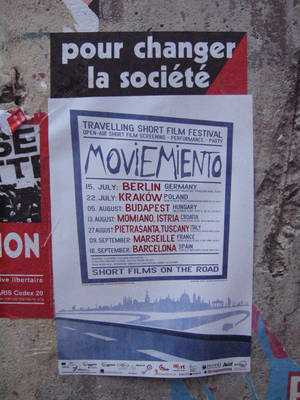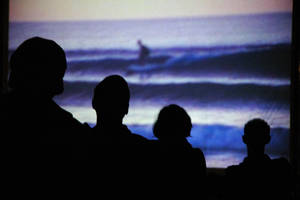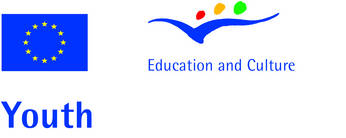Idea and Objectives
National borders separate the old and new EU member states Germany, Denmark, Finland, Sweden, Poland, Lithuania, Latvia and Estonia, as well as neighbouring Russia.
But the Baltic Sea has always connected these countries, with the sea basin providing a common living space for all and posing common ecological challenges that call for transnational solutions. Awareness of both a common European cultural identity and the diversity of cultures in Europe provides the backbone for any such cooperation.
Travelling by boat to five different Baltic countries with a four-day festival program at each tour stop, the element of mobility allows for true exchange – both by bringing people from different countries together aboard the ship, and by the participation of different audiences in each respective country.
National, regional and local perspectives on culture and environment are reflected through the festival – through workshops in which transnational topics will be discussed, through a short film programme selected by an international jury that is to be screened at each tour stop, and through a video documentary of the tour, including a documentation of audience reactions in each country.
Moving Baltic Sea aims to spark creative approaches to challenges faced within the common geographic, cultural and ecological space of the Baltic Sea and a prosperous exchange between the fields of environmental policy and culture, specifically filmmaking.
Beyond that, Moving Baltic Sea promotes an international network and long-term international cooperation – both through the festival, which connects environmental activists and filmmakers from different countries, and through the cooperation of film and environmental institutions in the organisation of the whole project. Connecting people across national boundaries, Moving Baltic Sea establishes, extends and strengthens such cooperation in the Baltic Sea region.




